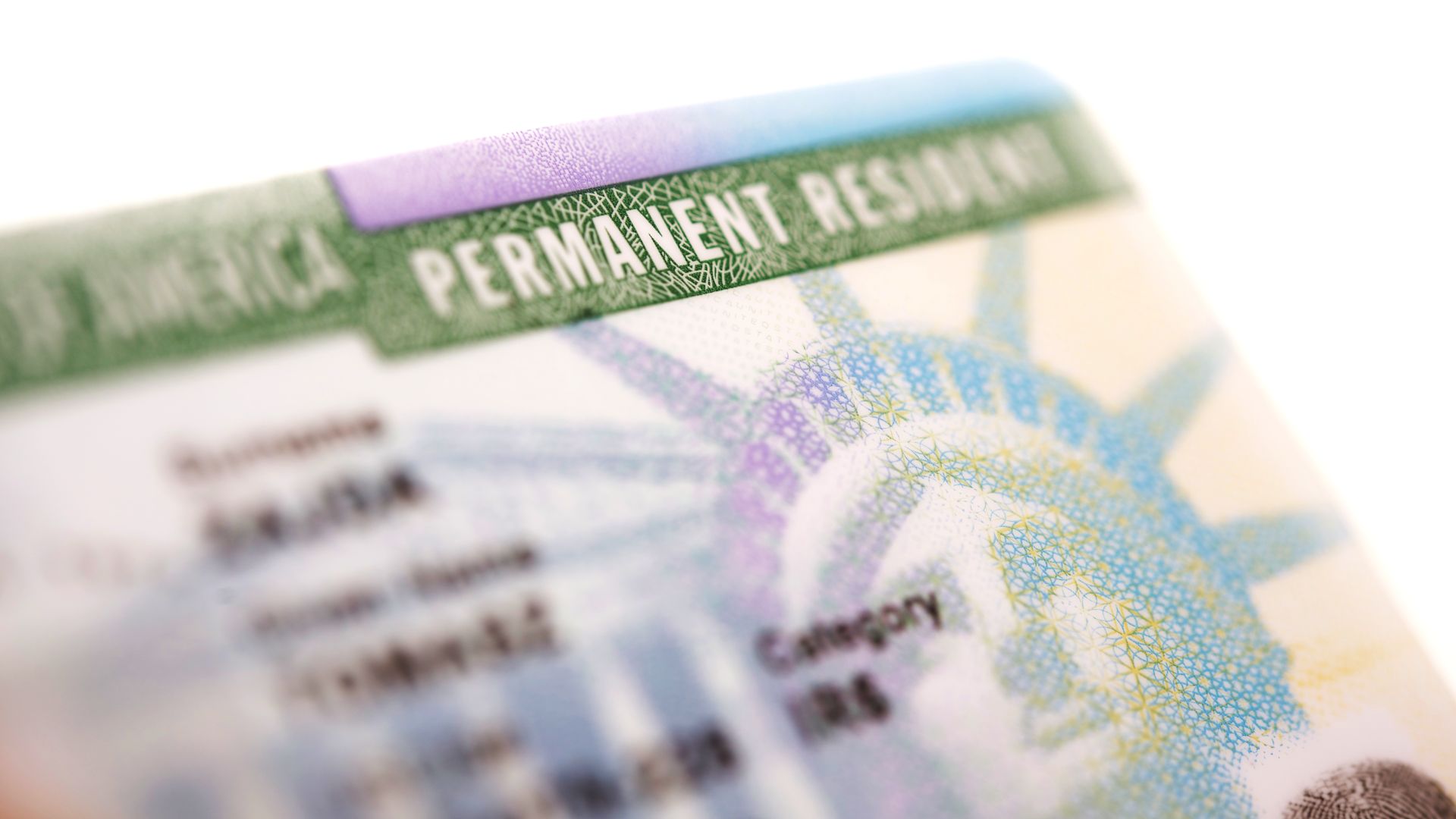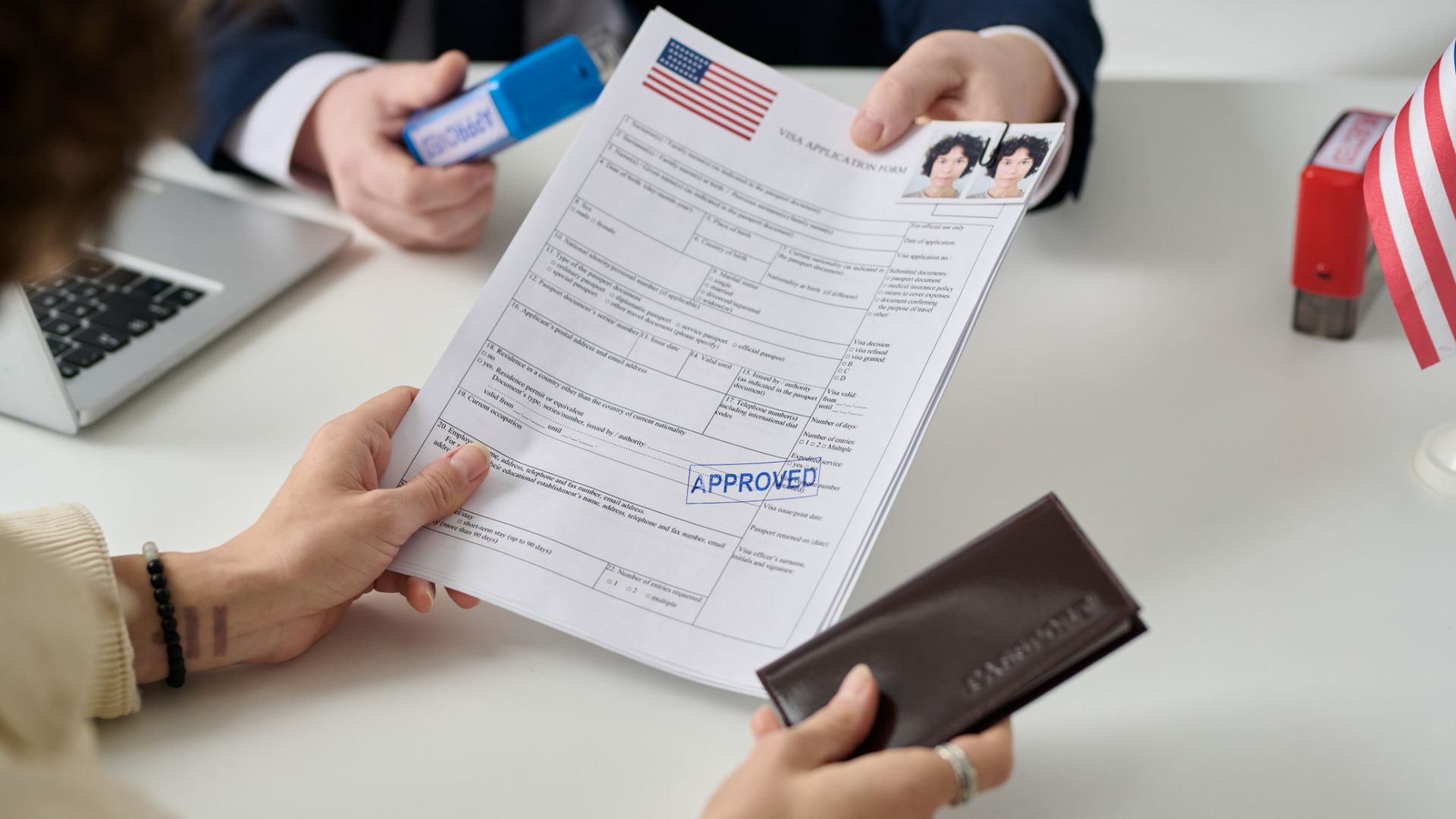As we approach the New Year, many individuals and families are making plans to immigrate to new countries. Whether you’re moving to reunite with loved ones, pursue new opportunities, or begin a fresh chapter in a new country, proper preparation is key. To help you navigate the often complex process of immigration, here is a comprehensive guide from our law firm on how to prepare for a successful move at the start of the year.
1. Assess Your Immigration Goals and Timeline
Before diving into paperwork, clarify your specific goals:
- Purpose of Immigration: Is it for work, education, family reunification, or permanent residency?
- Intended Arrival Date: Ensure your target date aligns with application timelines, as certain visas take longer to process than others.
- Long-Term Plans: Some visas are temporary, while others lead to permanent residency. Knowing your long-term goals can help you choose the right pathway.
Take the time to research any country-specific requirements that may impact your goals and timeline.
2. Gather Necessary Documentation
One of the most time-consuming parts of immigration is gathering and preparing the necessary documentation. Typically, you’ll need:
- Identification and Travel Documents: Passport, birth certificates, marriage certificates, and any other documents that verify your identity and family relationships.
- Educational Credentials: Degrees, diplomas, and transcripts for students and professionals.
- Employment Records: A resume, letters from previous employers, tax returns, and pay stubs.
- Financial Statements: Bank statements, proof of income, and tax returns may be required to prove financial stability.
- Medical Records: Many countries require health records and vaccination history. Some even require specific medical exams.
In the rush of holiday preparations, it’s easy to overlook documents, so make a list of what you need and double-check before sending any applications.
3. Review the Requirements and Deadlines of Your Visa Application
Each visa or residency permit comes with specific requirements and deadlines, which can vary significantly depending on the country:
- Seasonal Deadlines: During the New Year and holiday season, many embassies and immigration offices close or have reduced hours, which may affect application processing times.
- Document Expiration: Ensure your passport and other important documents are valid for at least six months beyond your planned travel date.
- Language Tests: Some countries require language proficiency exams, like the IELTS, for certain visa types. Check test dates in advance, as spots can fill up quickly around the end of the year.
4. Prepare for the Financial Aspects of Immigration
Immigration can be costly, and you’ll want to budget accordingly:
- Application Fees: These vary by visa type and country and can be a significant expense.
- Legal Assistance: Immigration lawyers, though not required for all applications, can be incredibly helpful, especially for complex cases or if you’re navigating the process for the first time.
- Relocation Expenses: Moving expenses, housing deposits, and other settling-in costs should be anticipated and saved up for.
Starting your financial planning early will ensure you’re ready for all expected (and unexpected) expenses.
5. Address Health Requirements and COVID-19 Regulations
Many countries require applicants to undergo a medical examination. These exams vary but often include:
- General Health Checks: Physical exams, vaccination records, and potentially a blood test.
- COVID-19 Policies: Each country has different COVID-19 protocols, including vaccination and quarantine requirements. Make sure you understand what’s required, especially with rules that may change frequently around the holidays.
6. Check Application Processing Times
Immigration applications can take weeks, months, or even over a year to process, depending on your visa type and destination. With embassies often closed or understaffed over the holidays, wait times can increase. To avoid unexpected delays:
- Apply Early: If you’re considering immigrating at the start of the year, submit your application as soon as possible.
- Monitor Your Application Status: Many immigration offices have online portals where you can track your status. Keep an eye on your application to ensure you don’t miss any requests for additional information.
7. Be Aware of Holiday Closures and Reduced Embassy Hours
Embassies, immigration offices, and medical exam providers often operate on limited hours during the holiday season. If you’re planning to submit documents or schedule medical exams, avoid leaving these tasks until late December or early January. Plan around these closures by:
- Checking Office Hours: Find out if and when the embassy will be closed, especially around holidays.
- Booking Appointments Early: Appointments for things like biometric screenings and medical exams can be harder to schedule around the New Year.
8. Arrange Temporary or Permanent Housing in Advance
It’s wise to secure housing before your arrival:
- Temporary Housing: Many people prefer to start with a short-term rental, giving themselves time to settle in and explore neighborhoods before committing to a long-term home.
- Permanent Housing Options: If you’re confident in your destination, research rental requirements, deposits, and tenant protections.
- Consider Moving Services: Many moving companies are in high demand around the New Year. Book in advance to avoid last-minute stress and inflated costs.
9. Prepare for Cultural and Lifestyle Adjustments
Cultural adjustment is part of the immigration experience. Prepare yourself and your family by:
- Researching Cultural Norms: Learn about your destination’s customs, values, and social norms.
- Networking: Joining social groups or online communities in your destination country can be a great way to meet people who can offer advice and support.
10. Seek Legal Guidance if Needed
While you may be able to navigate some immigration processes independently, others benefit greatly from professional assistance. Working with an immigration lawyer:
- Helps Avoid Costly Mistakes: Immigration applications are detailed and sometimes confusing. One error can delay your application by weeks or months.
- Increases Approval Odds: Lawyers understand the complexities of immigration law and can help you present your case effectively.
- Eases Stress: With the New Year being a busy time, a lawyer can offer peace of mind by handling much of the administrative work on your behalf.
All The Best
Preparing for immigration around the New Year requires organization, preparation, and patience. From gathering documentation to budgeting and navigating timelines, a thoughtful approach will smooth your journey and reduce potential delays. If you’re considering starting the process this New Year, reach out to our law firm to discuss how we can assist you in making your immigration process as seamless and successful as possible.
Happy New Year, and here’s to a new beginning in your journey abroad!








